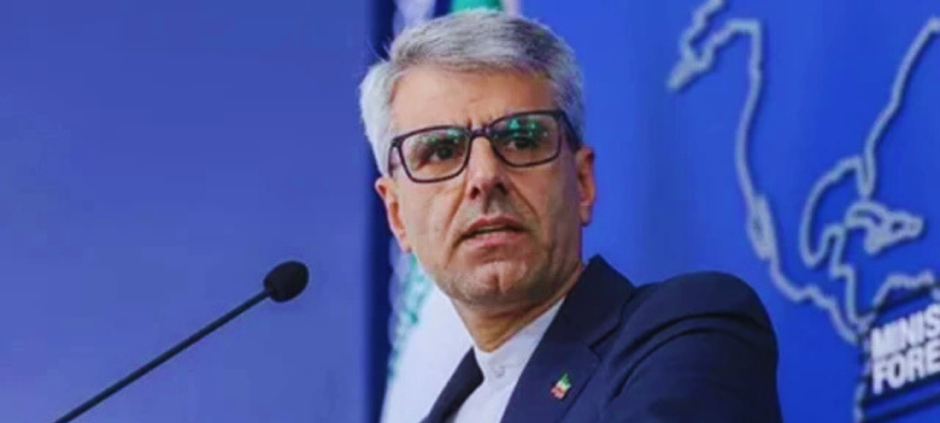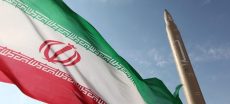Iran announced on Monday that it will soon submit a counter-proposal to the United States regarding a revived nuclear deal, following its criticism of Washington’s initial offer as “ambiguous.”
Since April, Tehran and Washington have engaged in five rounds of negotiations to restore the 2015 nuclear accord, which former U.S. President Donald Trump abandoned in 2018. However, progress has stalled, with Iran now preparing its own draft agreement.
Foreign Ministry spokesman Esmaeil Baqaei stated that the U.S. proposal failed to reflect prior discussions, though he did not elaborate. “We will present a reasonable, logical, and balanced proposal through mediator Oman once finalized,” Baqaei said during a press briefing. “We urge the U.S. to seize this opportunity.”
Deputy Foreign Minister Majid Takht-Ravanchi further described Iran’s response as a “framework for agreement,” suggesting that if accepted, detailed negotiations would follow.
Escalating Tensions Over Uranium Enrichment
Iran currently enriches uranium to 60% purity—far exceeding the 3.67% cap under the original deal and nearing weapons-grade levels (90%). While Western nations accuse Iran of pursuing nuclear weapons, Tehran maintains its program is peaceful.
IAEA Meeting and Sanctions Threat
As the UN nuclear watchdog’s Board of Governors convened in Vienna, IAEA chief Rafael Grossi urged Iran to cooperate fully, warning that without resolution of safeguards issues, the agency cannot confirm the peaceful nature of Iran’s nuclear activities.
Meanwhile, Britain, France, and Germany—signatories to the 2015 deal—are considering triggering the accord’s sanctions “snapback” mechanism, which would reinstate UN sanctions unless Iran complies. The option expires in October.
Iran has warned Europe against supporting an IAEA resolution condemning its nuclear activities, calling it a “strategic mistake.” Baqaei hinted at retaliatory measures if the resolution passes, stating, “The response to confrontation will not be more cooperation.”
The coming weeks will be critical in determining whether diplomacy can salvage the nuclear deal or if tensions will escalate further.











